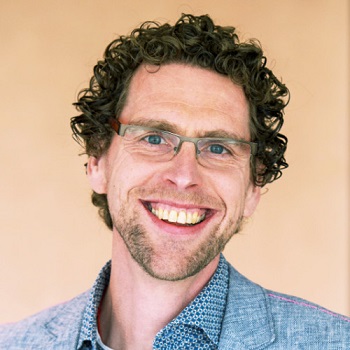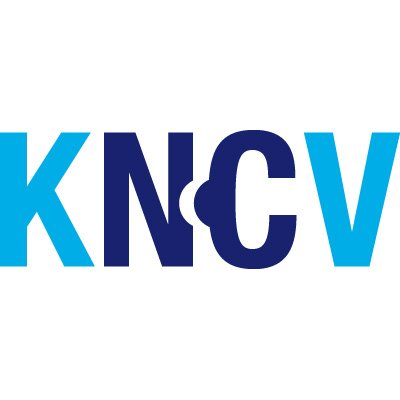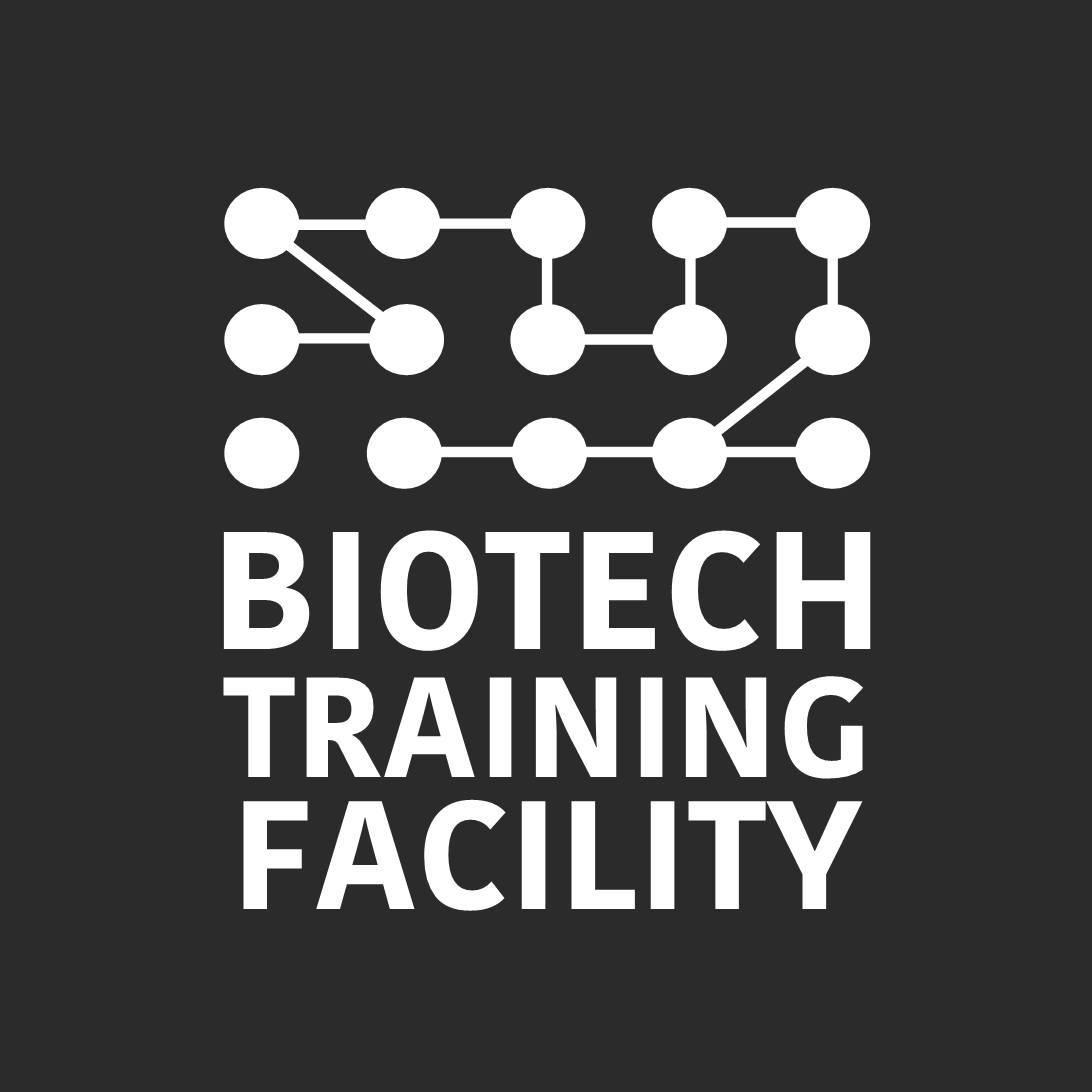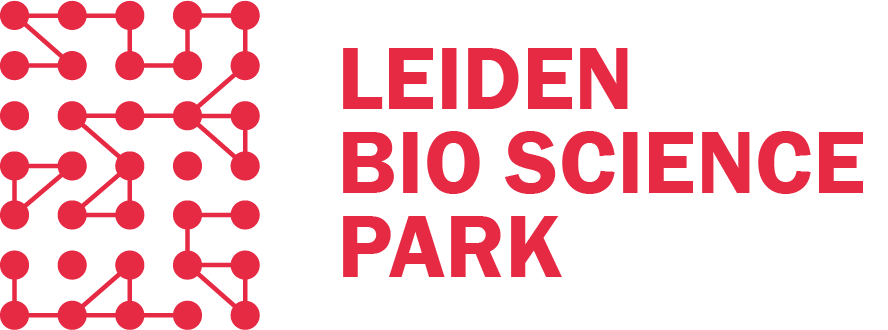Speakers & Sessions 2023
|
||
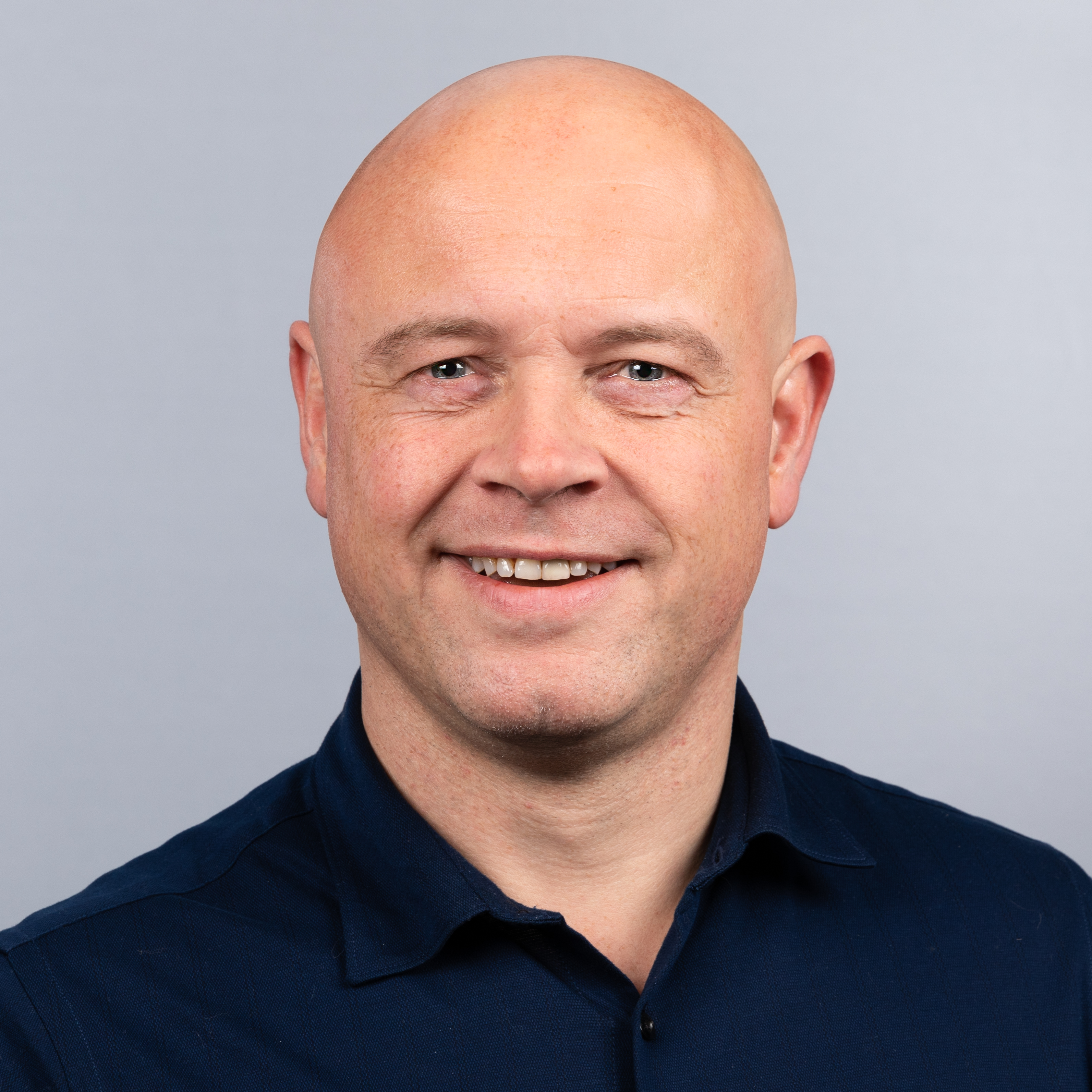 |
Ruud Verstegen |
|
|
Manufacturing of antibody-drug conjugates using single-use materials, pros and cons Antibody–drug conjugates (ADCs) are biopharmaceuticals consisting of a monoclonal antibody linked with a highly potent cytotoxic drug. The purpose of the antibody is primarily to target the drug to receptors on tumor cells and secure internalization while the function of the cytotoxic drug is to kill the targeted tumor cells. A major focus during the manufacture of ADCs is protecting a product from contaminants in the environment of a production facility but also the protection of employees within that environment from exposure to what can be very hazardous substances. While the use of glass or stainless-steel systems may effectively protect operators, significant equipment decontamination and cleaning validation is required. As an alternative, single –use technologies offer specific benefits but also come with challenges. |
||
|
|
John Rook |
|
|
The use of Single use in Large scale Manufacturing The Hybrid Approach Biologics manufacturing has seen many new developments in the last 20 years. The industry seems to have moved away from processing systems based on stainless steel to single-use systems. Manufacturing facilities need to be able to accommodate fluctuating market demands. The Ibex® concept and a hybrid approach in (large scale) manufacturing is considered to meet that demand for the Biologic market
Besides many advantages, single use technologies also brings challenges and risks. Tackling a these challenges needs efficient and effective business processes . Standardization might help to reduce complexity and support safe and sustainable Biologics manufacturing. |
||
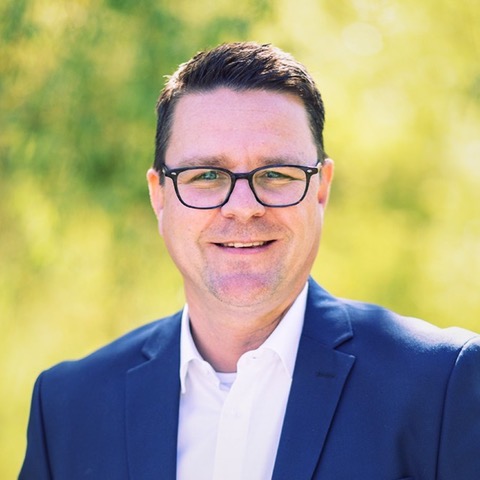 |
Tim Jaarsma Business Development Manager Life Science & Bioprocessing, IMI Adaptas |
|
|
Innovation Support and Growth hub - automation and standardization Tim Jaarsma talks about the development of products within the Growth Hub, an innovation platform of IMI in which solutions and/or new products are developed together with the customer based on problems from the market. IMI is an engineering company that focuses on industrial automation, transportation and life sciences. Jaarsma is involved in bioprocessing within the life sciences section. “By talking to R&D persons from life science companies or via a questionnaire that can be filled in online on our website, we learn about the problems that people encounter”, says Jaarsma. “By collaborating with them on new developments, we help to bring products to the market faster.” |
||
|
||
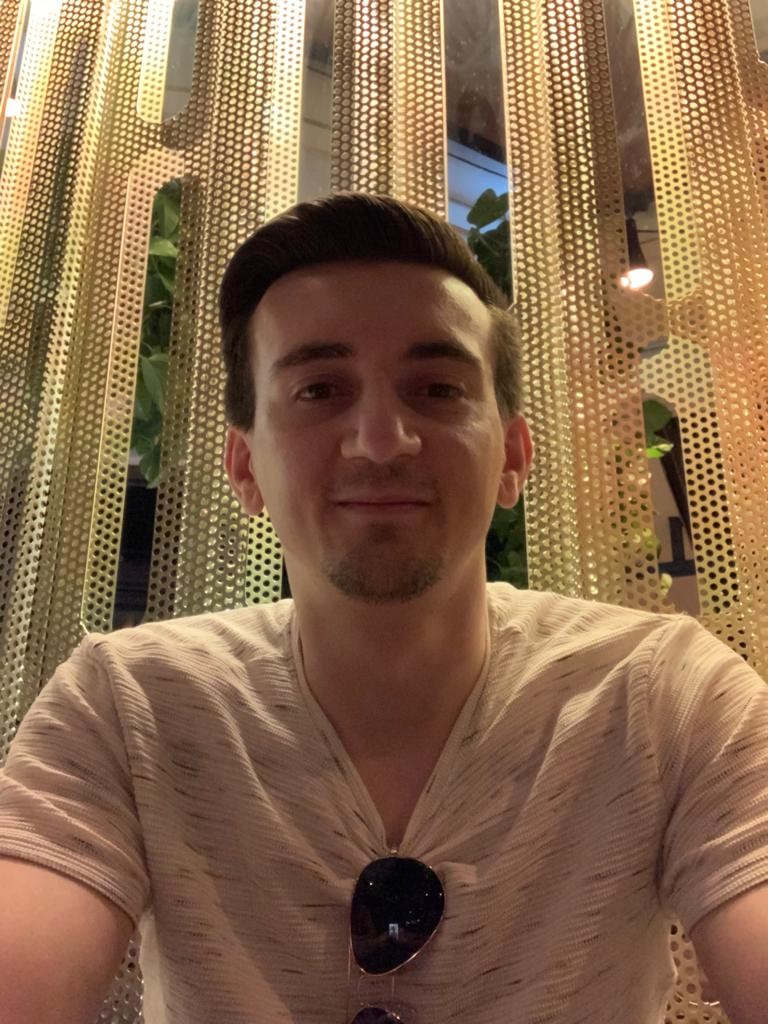 |
Andreas Jordan |
|
|
Dynaspin Top 5 Harvest Considerations when making decisions for a more robust harvest There is an ever-growing need in the industry for innovative and robust single-use technologies in order to optimize processes requiring high cell densities and more efficient workflows. Introducing the Dynaspin as a solution for achieving more effective harvesting processes in consideration of the five factors: time, cost, space, scale, and sustainability |
||
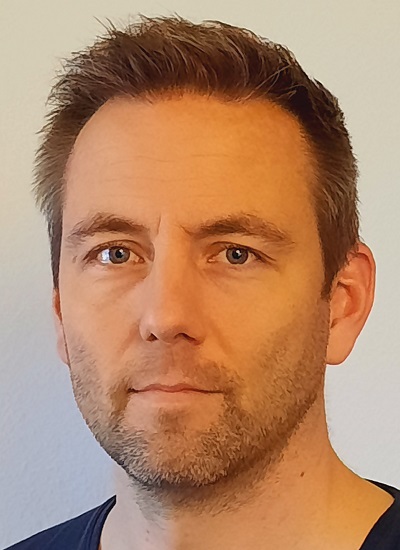 |
Sebastian Rothe |
|
|
Computational simulation as a predictive tool for single-use bioreactor design and performance Process intensification, the broad use of perfusion, and the increase in high-cell-density expression systems have put new demands on the design of high-performing, scalable, and modality-agnostic bioreactors. In this study we used computational fluid dynamics and process simulations along with cell culture verification runs to design a novel bioreactor to meet future industry needs for performance and scalability |
||
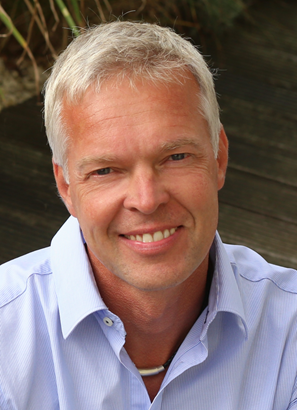 |
Rüdiger Göhmann |
|
|
Kytero 500 for biopharma and new food GEA kytero 500 disk stack centrifuge for cell harvesting in biopharma and new food applications. Rüdiger Göhmann has been working for 25 years at GEA with experience in mechanical process technology – in specific centrifuges and filtration systems. He gained experience in biopharma, chemicals, extraction, minerals and new food application. |
||
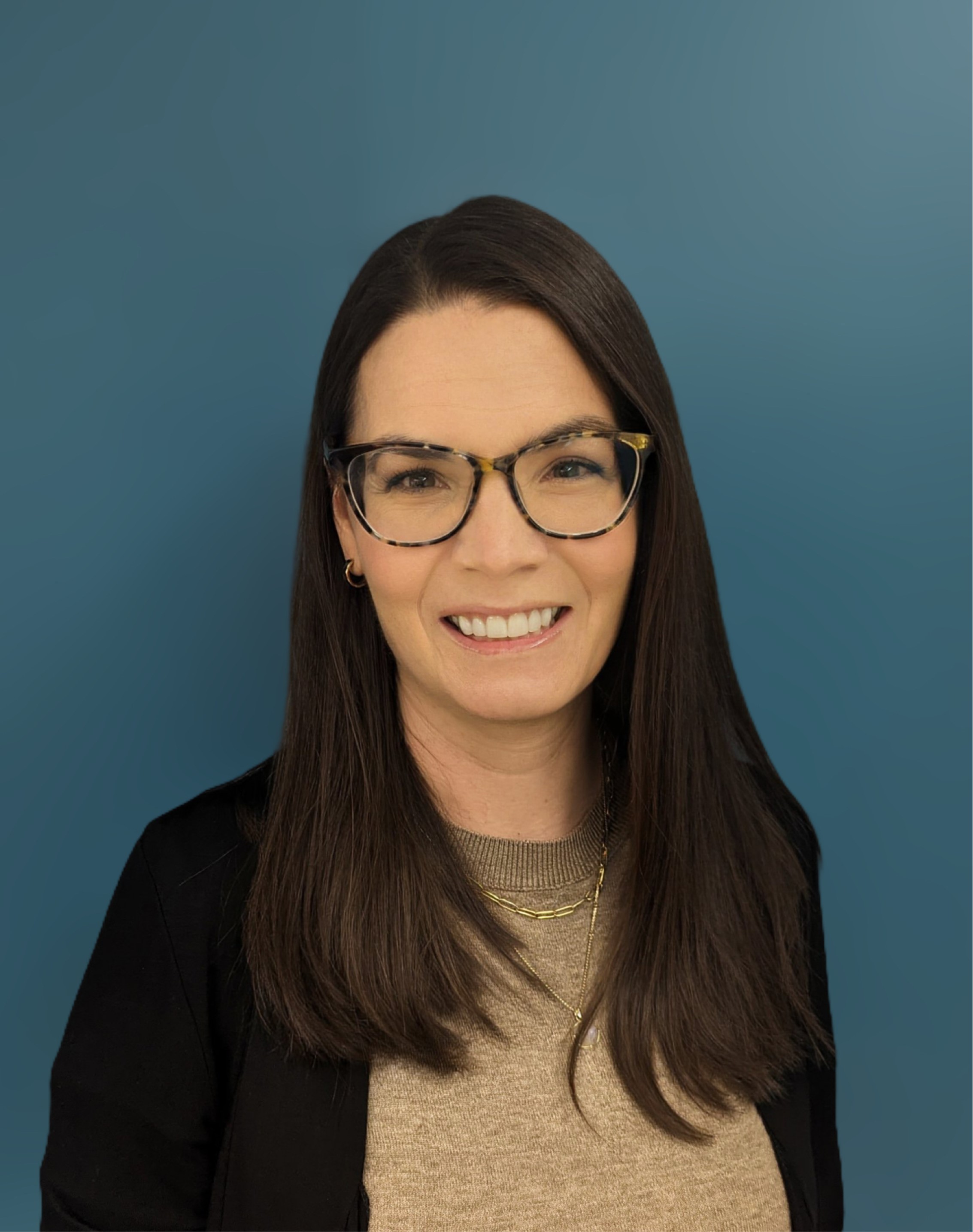 |
Mrs. Maryann Cuellar |
|
|
Raman single-use technology for bioprocessing Raman spectroscopy is the leading process analytical technology (PAT) in upstream bioprocessing due to its robust, scalable, and proven implementation. Raman provides deep levels of real-time process understanding and feedback control without destructive sampling which has delivered increased process efficiency and product quality. In this presentation, we highlight Raman single-use technologies compatible with micro/mini, benchtop, and production scale bioreactors. Data will show a scalable single- and multi-use Raman portfolio that provides bioprocess transparency from development to cGMP. Additionally, we will share recent developments in calibration technologies to standardize analyzer performance for simpler transfer of PAT methods. |
||
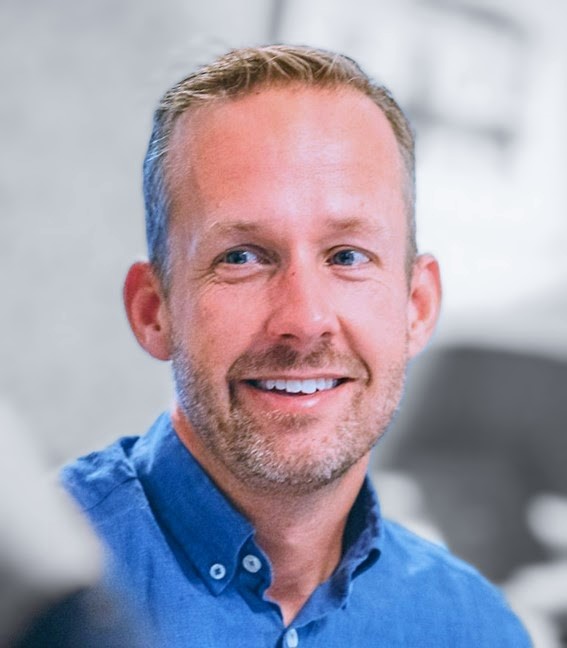 |
Roger Lundblad |
|
|
Cell density and volume independent harvest, CultureOne will let you grow Being the first, CultureOne disc stack separator has proven to allow full flexibility in single use production. Almost independently of volume or cell density it harvests cell culture with highest yield and product quality. Alfa Laval’s long experience of separators for biotech supports in improving sustainability, quality and cost in GMP production |
||
 |
Brenda Juarez Garza PhD candidate at Delft University of Technology, Department of Biotechnology, Bioprocess Engineering section
|
|
|
Developing hematopoietic stem cell cultivation in a bioreactor Blood transfusion is currently the most common cell therapy applied worldwide. However, a lack of immune-matched cells often affects the use of these therapies. Furthermore, adverse risks involved in donorderived transfusion products include immune reactions and the transfer of blood-borne diseases. Employing in vitro-produced red blood cells represents an attractive therapy that could overcome these risks. Red blood cells can be produced in vitro by using embryonic stem (ES) cells. ES cells can be induced to differentiate into all the cells in the body including hematopoietic stem/progenitor cells (HSPC) and red blood cells. The aim is to develop a bioreactor process design to produce hematopoietic stem/progenitor cells (HSPC) and red blood cells from induced pluripotent stem cells (iPSCs). In order to achieve this goal, a strong collaboration has been set up with Sanquin and Getinge-Applikon. This project is part of the TRACER consortium (Treating hereditary anemias through stem cell research). |
||
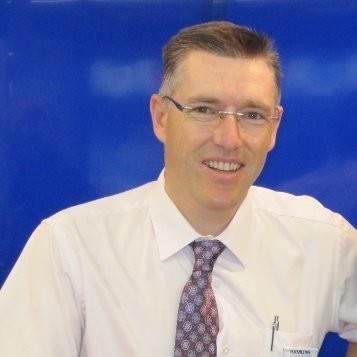 |
René Matt Senior Key Account Manager Single Use Technology - Hamilton Bonaduz AG |
|
|
Guided Tour through Single-Use Sensor Technologies While SU technology presents compelling advantages, integrating reusable sensors into SU bags with the help of insertion devices can pose significant challenges for process engineers. Common concerns include the risk of contamination across batches and leakage at weak-points where the sensor connects, which diminish the benefits of a SU process. Recognizing the necessity for dedicated sensors tailored to SU environments, Hamilton Process Analytics has developed a comprehensive range of SU sensors specifically designed to address these challenges. These sensors seamlessly integrate into SU systems through weld-in ports, ensuring accurate and reliable measurements while maintaining the highest standards of sterility. |
||
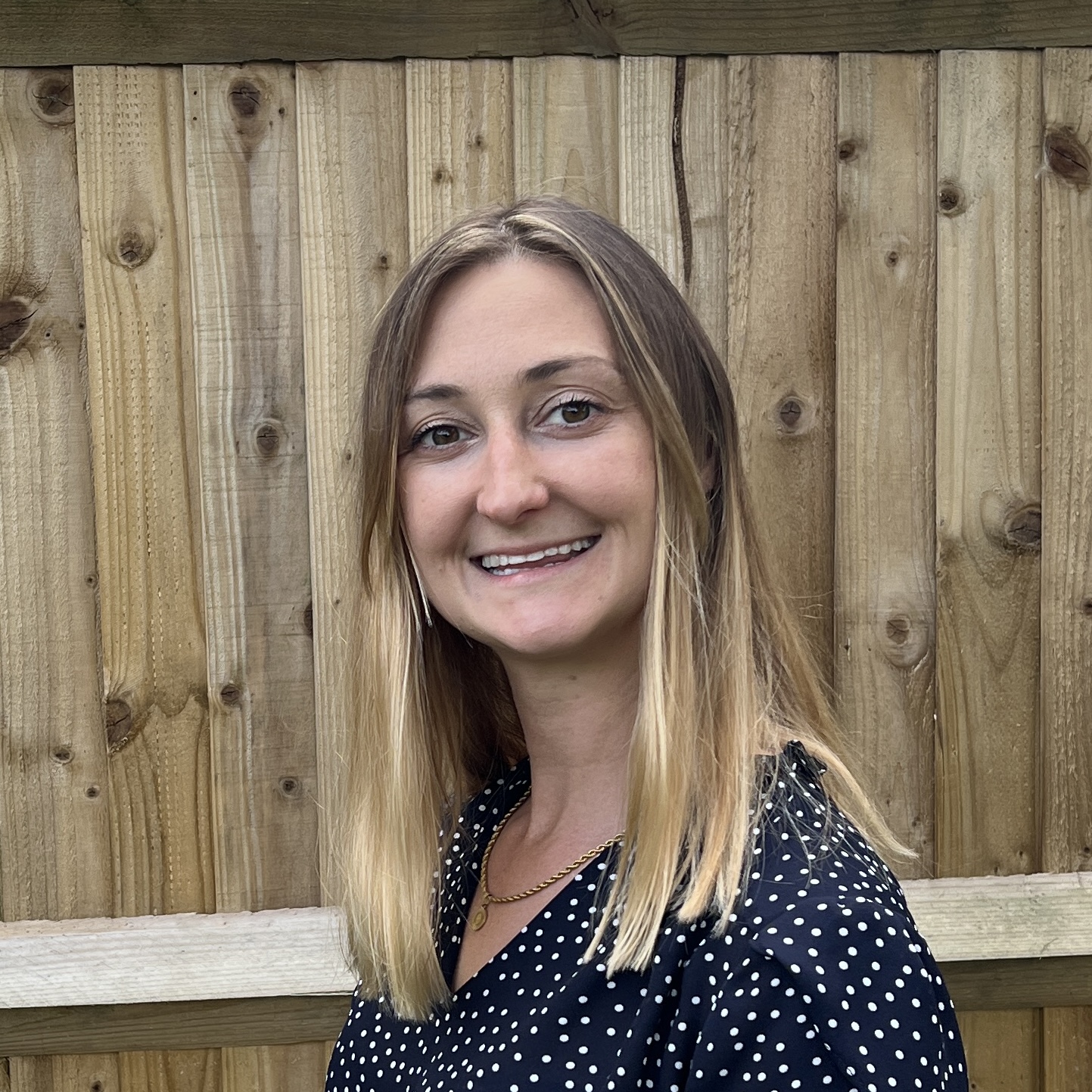 |
Katie Church Commercial Validation Manager at Watson-Marlow Fluid Technology Solutions |
|
|
Forming confident connections in your fluid pathway Biopharm companies often must commit to a processing system very early in the R&D process, as they are validated at pilot through to production. Scale up demands, supply chain disruption and global production needs can cause challenges. The industry is therefore pushing suppliers to produce compatible components that can be confidently interchanged. Watson-Marlow Fluid Technology Solutions’ Katie Church will discuss the importance of compatible single use components and the benefits this can bring to both customers and suppliers. Katie will focus on bespoke validation and ensuring you have a comprehensive understanding of the extractable and leachable profiles of every component. |
||
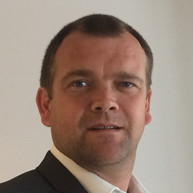 |
Jarno Robin, Ph.D. Pharma Business Development Director at SANI Membranes |
|
|
Double the yield from perfusion processes with VMF technology This study shows that Vibro Membrane Filtration – VMF technology can be used without causing any cell damage or HCP release in perfusion streams as well as in bleed streams from CHO cell fermentations. Additionally, the study shows that yield can be doubled by using VMF technology for harvesting product from bleed streams, enabling the user to combine bleed streams and perfusion harvest stream without affecting product quality. Jarno Robin serves as Pharma Business Development Director at SANI Membranes, where he is responsible for the development of Vibro Membrane Filtration (VMF) Technology in pharmaceutical applications. Jarno Robin has headed the product launch of SANI Membranes new filtration units for sterile applications, enabling next level of process intensification with results not possible with any other filtration technology. He has a long a career in management positions within upstream and downstream processing from Novo Nordisk, Sanofi and LEO Pharma. |
||
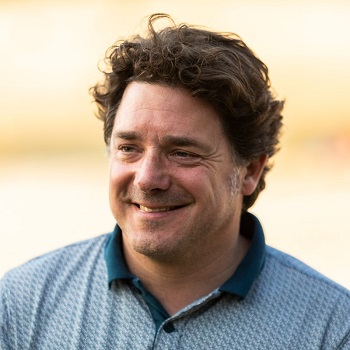 |
Michael Matthijssen Sales manager Benelux Biopharm at Parker Hannifin |
|
|
How to address GMP Annex 1 requirements implementing Single-Use assemblies for Final Fill Single use systems in final filling: Influence on efficiency and scalability. Significant updates in the New Annex 1 and their expectations on the use and control of single-use systems. Annex 1 and final fill Single Use Systems: Synergy for greater compliance With a back ground in mechanical engineering, Michael Matthijssen has been working in sales since 2001 supplying direct towards Biopharm end-users within the industry as indirectly through distributors, integrators and re-sellers. with filtration steps, Single Use solutions, sensing and Automation. As a global supplier for single-use solutions, Parker combines unique and innovative Scilog sensing and control technologies with decades of filtration expertise to produce integrated automated single-use systems that will speed up development times, increase efficiency and safety and guarantee reproducible product quality. Product folio contains filtration, Single Use fluid management, automated Bioprocessing within Up- and downstream processing as within Lab/R&D pilotscale. |
||
Single Use Event 2024
 Registration website for Single Use Event 2024
Registration website for Single Use Event 2024Alea Publishersbasvandenengel@aleapublishers.nl
Alea Publishersbasvandenengel@aleapublishers.nlhttps://www.single-use.nu/153299
2024-09-10
2024-09-10
OfflineEventAttendanceMode
EventScheduled
Single Use Event 2024Single Use Event 20240.00EUROnlineOnly2019-01-01T00:00:00Z
CORPUSCORPUSWillem Einthovenstraat 1 2342BH Oegstgeest Netherlands

